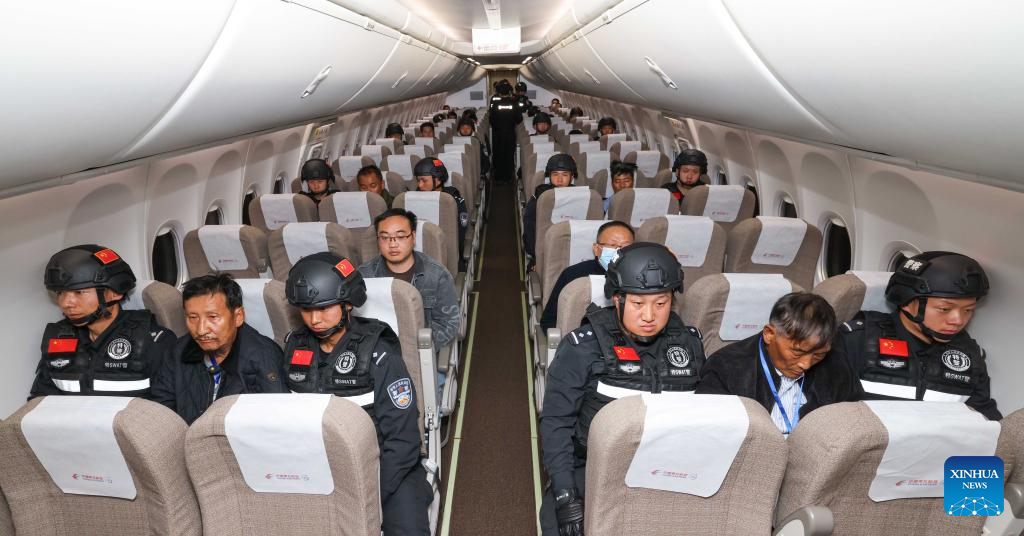
A court in Shenzhen has handed death sentences to five senior members of a prominent Myanmar-based mafia group—namely Bai Suocheng, his son Bai Yingcang and three associates—for crimes including large-scale fraud, homicide and intentional injury. In addition, 21 members of the “Bai family” and its affiliates have been convicted to life-terms or sentences of between three and 20 years.

The syndicate operated extensively in Laukkai (in the Kokang region of Myanmar) and ran a sprawling network of casinos, online gambling and scam-centres. According to state media, their operations defrauded victims of over CNY 29 billion (≈US $4.1 billion), and were directly linked to deaths and serious injuries of Chinese citizens. This action comes amid a broader Chinese crackdown on cross-border cyber scams, gambling rings and human-trafficking-linked operations emanating from the Myanmar border.
The scale and severity of the crackdown underline increasing intolerance by Chinese authorities toward criminal networks that prey on its citizens abroad. They also reflect how transnational organised crime—particularly in regions such as the Golden Triangle—has evolved from drug and casino-based activity to heavily cyber- and scam-driven models. For instance, beyond this case, another prominent group known as the Ming family was sentenced to death in September 2025 for comparable scams, gambling and human-trafficking operations valued at over US $1.4 billion.
Despite the landmark prosecution, analysts caution that the broader ecosystem remains difficult to dismantle: many scam factories and gambling fronts continue operating in Myanmar, Laos, Cambodia and along the Thailand border—relocating when under pressure and exploiting weak oversight, shifting networks, and digital anonymity. The challenge for China and regional partners is sustaining enforcement, cutting off financial flows and dismantling the underlying infrastructure of these operations.







 Content Writer: Janice Chew • Thursday, 25/11/2025 - 19:18:50 - PM
Content Writer: Janice Chew • Thursday, 25/11/2025 - 19:18:50 - PM